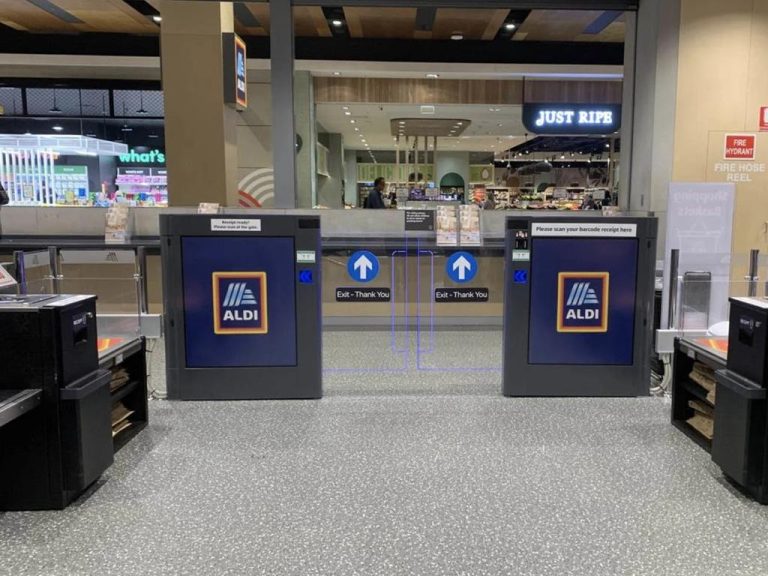Poll dance – post-election, will property surge or stall?
With state, territory and national governments, Australians are more used to elections than most: Saturday’s poll was the sixth in three years. Paul Thornhill takes a look at the numbers to see if elections affect the commercial property market.
Out on the hustings this weekend, the residential agents were upbeat. With the broad expectation of an election delivering a new government, the talk across the real estate industry was of jumps in new listings, busy open inspections and an overwhelming sense that the spring market is set to bloom.
In the commercial market, too, there is wide spread sentiment that things are looking up. While most were reluctant to sound partisan, nearly everyone I’ve spoken to over the past month pointed to the federal election as promising a return of business confidence and a buoyant outlook for the market.
But do elections really make a difference to the commercial property market?
In figures obtained exclusively from RP Data we’ve found our answer. Elections, it turns out, matter a great deal. While the economic environment has remained broadly the same over the last three years, the impact of elections across Australia has produced starkly different results. Let’s start in the ‘rugby states’, where long suffering oppositions achieved landslide victories.
In Queensland, the volume of commercial property sales increased by 21.6% in the six months following a thumping electoral win for the new state government.
It’s an even more dramatic story in NSW. After a record win by the Coalition in Australia’s oldest parliament, commercial sales recorded a spectacular increase, more than doubling the activity of the half year prior to polling day.
But when we move south of the border things are quite different. Despite a win by the same political side, a cliff hanger election result saw a new government take office with a precarious majority of just one.
That close result, on face of it at least, appears to have made a difference. Commercial property sales in Victoria show a backwards slide of 7.8% in the six months following the election.
We see a similar result following the 2010 Federal election, where the country waited for 17 days before a minority government could be formed. The knife-edge result and atmosphere of instability appears to have influenced the commercial property market, with sales falling 10% nationally in the six months after the election.
What these numbers show is that delivering a stable government has a real impact on commercial property sales, at least for the immediate period afterwards. Where elections deliver a decisive mandate and a stable government, activity in the market is likely to surge. But when elections result in uncertainty, activity in the commercial property market is usually dragged down. Saturday’s result augurs well for the market with the Coalition’s emphatic win providing a much needed sense of stability.
But the new government will have to govern with or through a Senate notionally hostile now and potentially unstable when the new members of the upper house take their seats in July next year.








